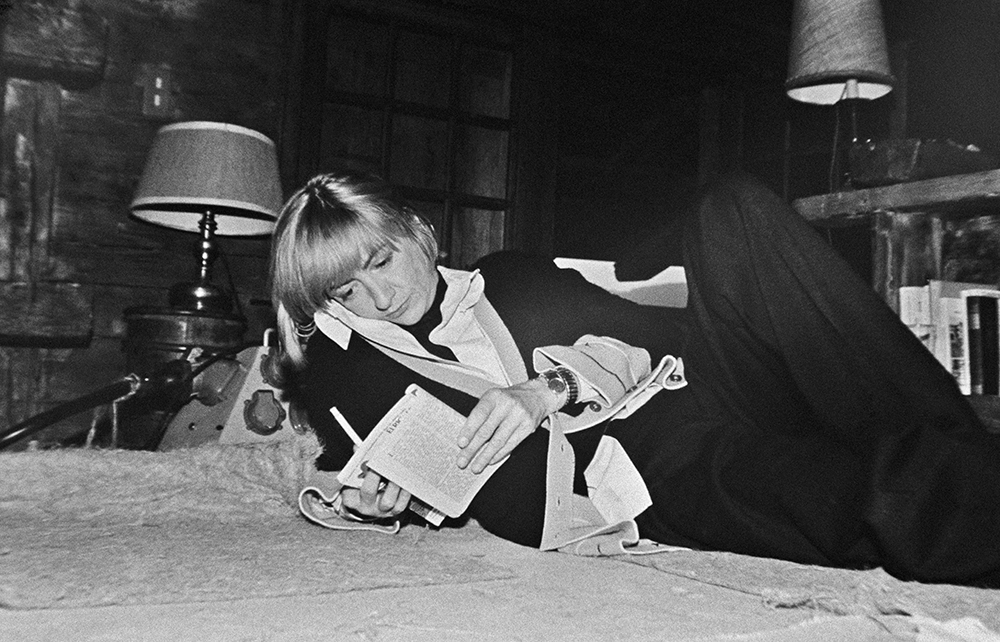Do not be alarmed. You have not suffered a blow to the head. Françoise Sagan, the author of the 1954 phenomenon Bonjour Tristesse (published when she was 18; two million copies sold), is indeed no longer with us. She died in 2004, aged 69. Yet here is her brand new novel, recovered by her son Denis Westhoff from the mass – and presumably mess – of her papers. Perhaps better described as an unfinished story, there’s a romantic charm, innocence and otherworldliness to this book of a kind unlikely to be found in a contemporary novel. But it’s also an uncomfortable read in parts, no matter how ironic the text is supposed to be.
Everything centres around a car crash – and Sagan’s own life featured multiple dramatic car crashes
On the plus side, the balance of characters, plot and tone has similarities to Bonjour Tristesse (itself a perfectly formed novella and perhaps the ultimate summer read). There is no clear hero or anti-hero. There is an atmosphere of languid torpor in a milieu of idle, wealthy people who are supremely conscious of their aesthetic and romantic status. And everything centres around a car crash. (Sagan’s own life featured multiple dramatic car crashes, although she eventually died from a pulmonary embolism.)
Less appealingly, though, this is not so much about the four corners of the heart as about the three sides of a rather unfortunate love triangle composed of a son, a father and a mother-in-law. Ludovic Cresson, the heir to a vegetable fortune (the Cresson family are literally ‘cress’ millionaires), is three years into his recovery from a car accident seemingly caused by his wife Marie-Laure. He has finally come home after a lengthy stay in hospital. Marie-Laure angrily refuses to accept that Ludovic has returned to his previous self and insists that he is broken after his time in rehab.







Comments
Join the debate for just £1 a month
Be part of the conversation with other Spectator readers by getting your first three months for £3.
UNLOCK ACCESS Just £1 a monthAlready a subscriber? Log in